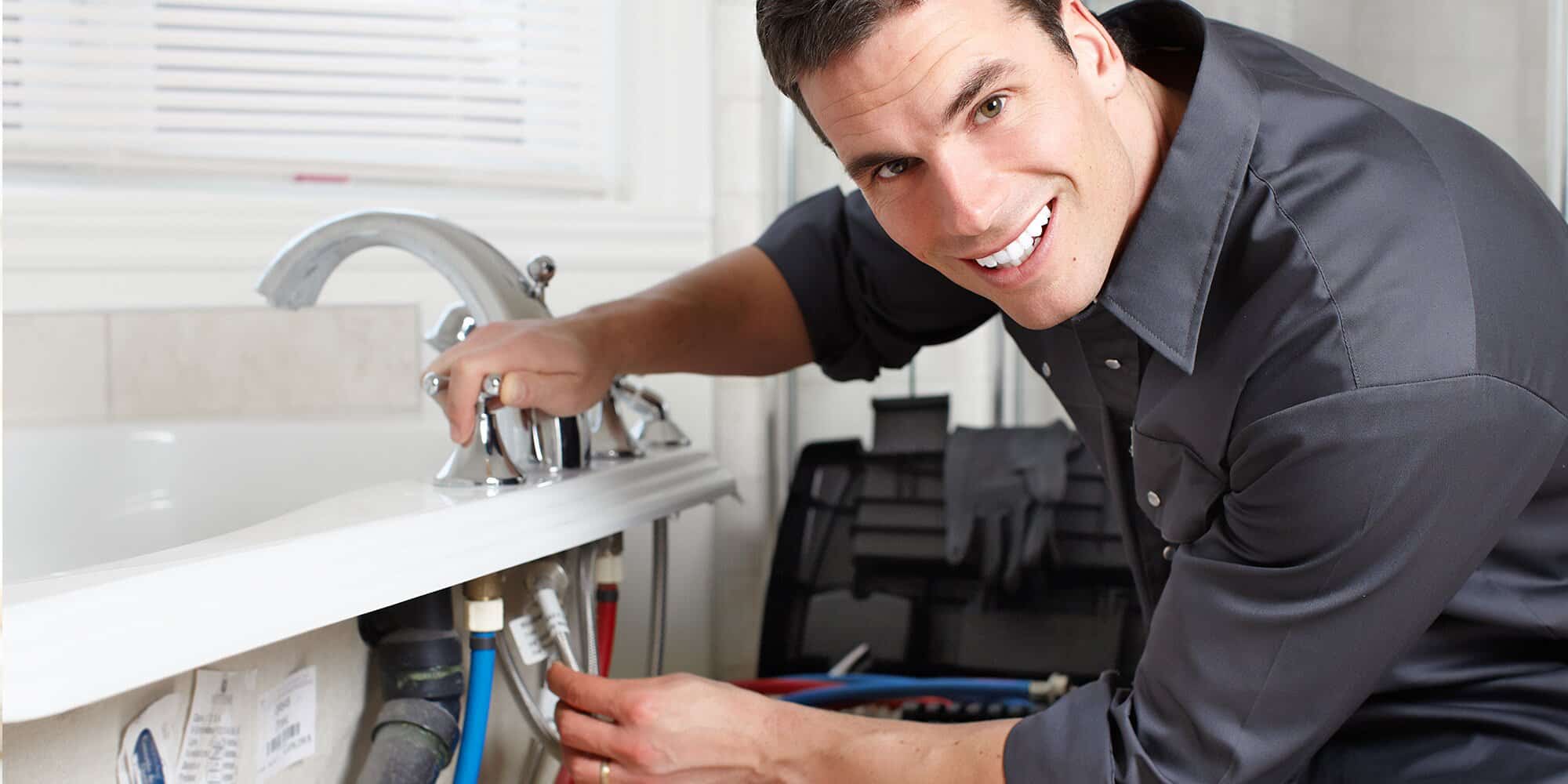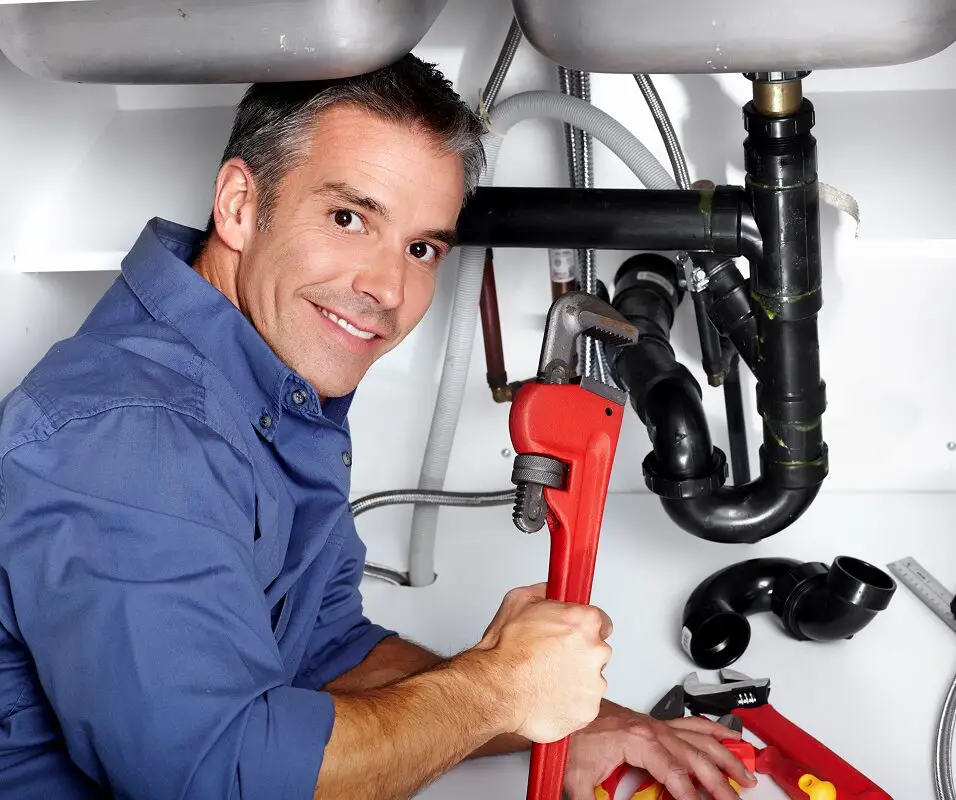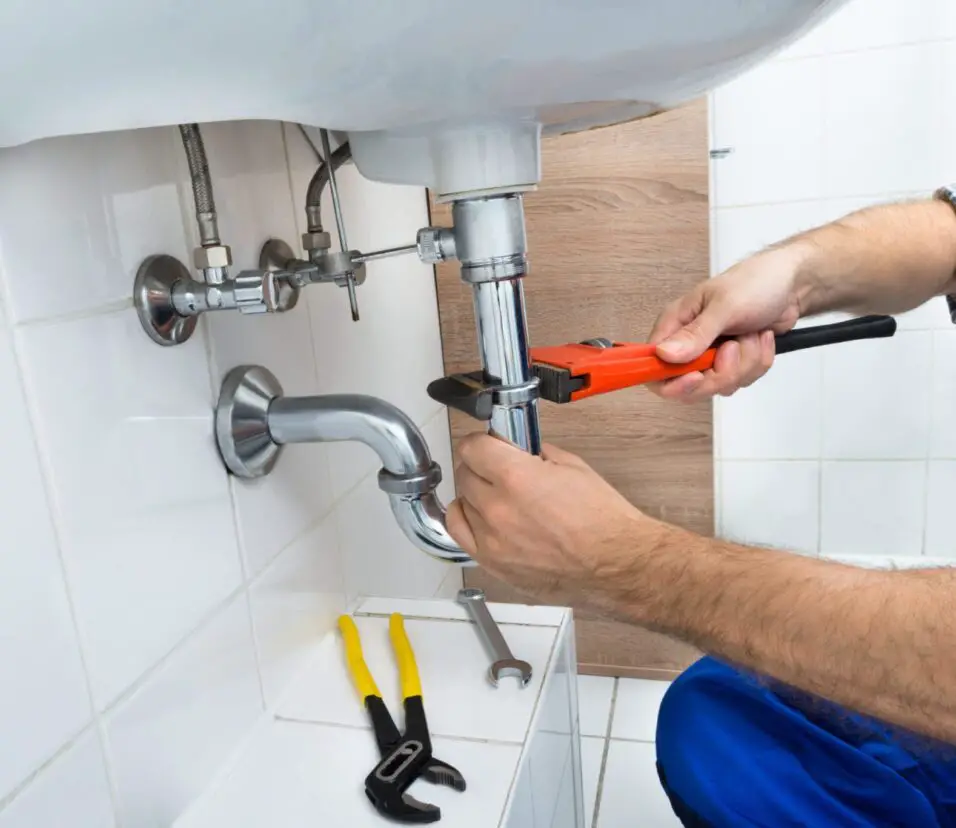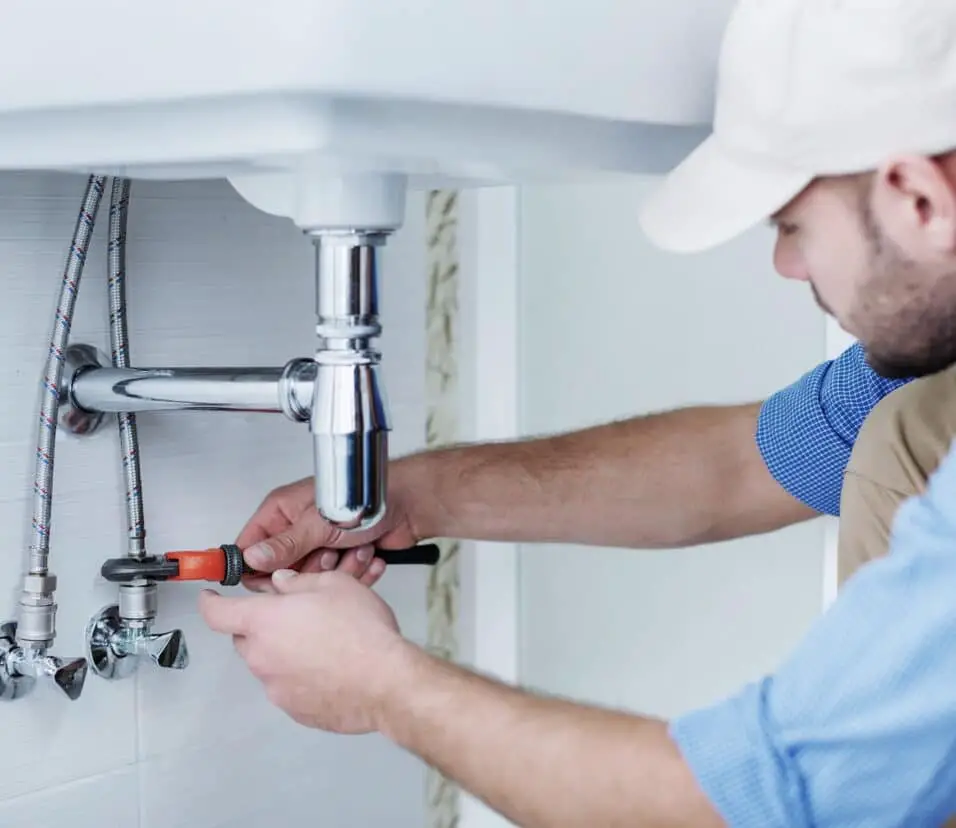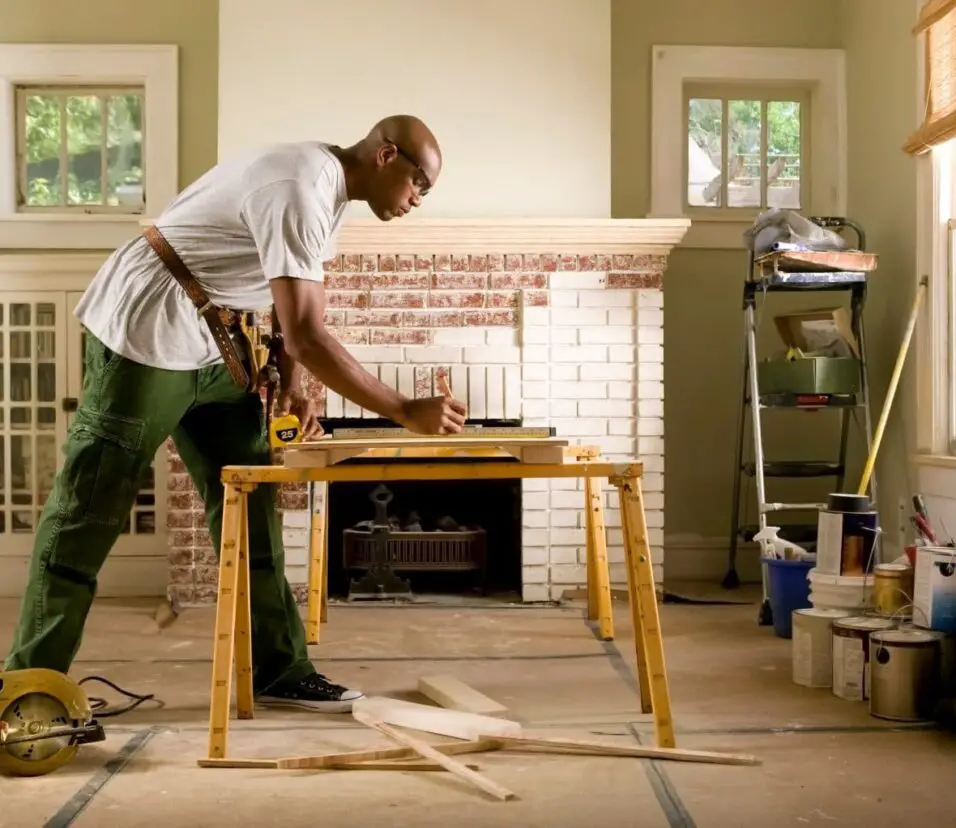Why Is Plumbing So Expensive
Introduction
Why Is Plumbing So Expensive: Plumbing is an essential aspect of modern living, providing us with clean water supply and efficient wastewater management. However, many homeowners often find themselves bewildered by the high costs associated with plumbing services. The question arises: why is plumbing so expensive?
One of the primary reasons for the high cost of plumbing tape is the complexity of the profession itself. Plumbers undergo extensive training and acquire specialized skills to handle a wide range of plumbing issues effectively. Their expertise is necessary to ensure the proper installation, repair, and maintenance of intricate plumbing systems. This level of knowledge and experience commands a higher price.
Furthermore, the cost of plumbing materials and equipment adds to the overall expense. Plumbers use a variety of specialized tools, such as pipe cutters, wrenches, and leak detectors, which require investment and regular maintenance. Additionally, the materials used in plumbing, such as pipes, fittings, valves, and fixtures, come at a price. Quality materials are crucial for long-lasting and reliable plumbing systems, and their higher costs are reflected in the overall expense.
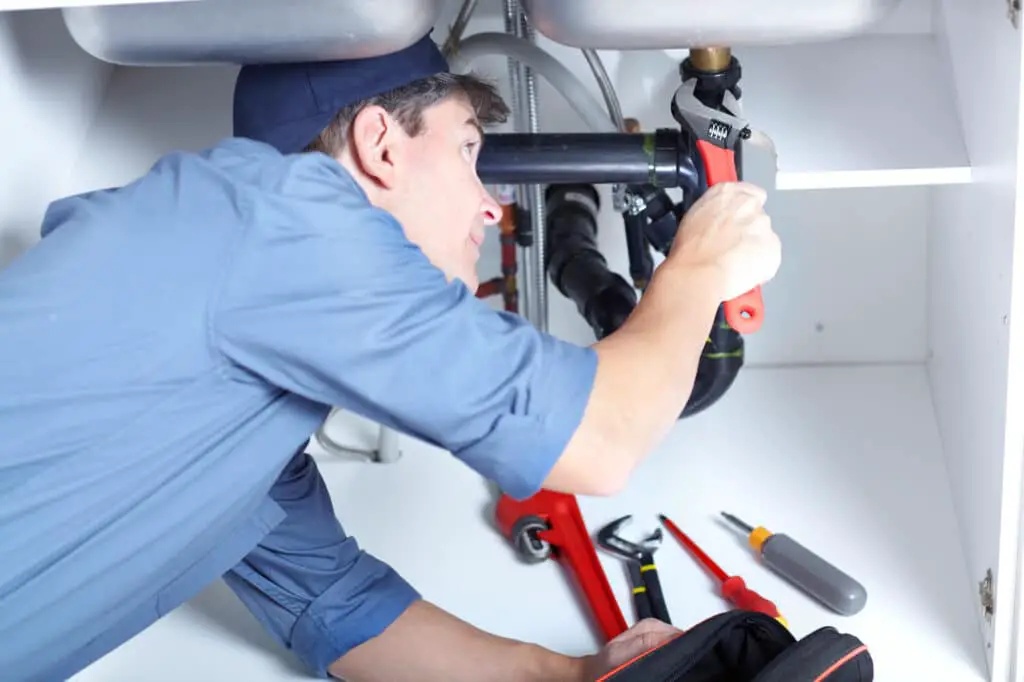
How Much Do Most Plumbers Charge Per Hour?
Plumbers usually charge for their work by the hour, and the national average cost is about $100 per hour plus a service fee or minimum charge. Overall, hourly rates for plumbing can range from $25 to $200, depending on the experience level of the plumber and on the repair needed.
The hourly rate charged by plumbers can vary depending on various factors such as location, experience, specialization, and the nature of the plumbing job. On average, however, most plumbers charge between $75 to $150 per hour. It is important to note that this range is a general estimate and can be higher or lower based on individual circumstances.
Several factors contribute to the variability in pricing. First and foremost is the geographical location. Plumbers in metropolitan areas where the cost of living is higher may charge more than those in rural areas. Additionally, the level of competition in a particular area can also impact the hourly rate.
Experience and expertise play a crucial role in determining the price. Established plumbers with extensive experience and specialized skills often charge higher rates due to their expertise in handling complex plumbing projects. Conversely, less experienced plumbers or apprentices may charge a lower hourly rate. The complexity and urgency of the plumbing job can also affect the pricing. Emergency or after-hours plumbing services typically come at a higher cost due to the immediate response and inconvenience caused outside regular working hours.
Why Is It Important To Have A Plumbing?
Plumbing allows us to manage water: With the development of plumbing systems, the human race was able to manage, control and direct water for their personal use. Furthermore, plumbing allowed us to keep clean and dirty water apart thereby improving our health, hygiene and wellbeing.
Having a properly functioning plumbing system is crucial for several reasons, making it essential to have plumbing in any building or household.
Water supply and distribution:
Plumbing ensures a reliable and efficient supply of clean water to a building. Without plumbing, obtaining water for drinking, cooking, cleaning, and other daily activities would be extremely challenging.
Sanitation and hygiene:
Plumbing systems enable the proper disposal of wastewater and sewage. They prevent the accumulation of waste, reducing the risk of waterborne diseases and maintaining hygiene within a building. Adequate plumbing also facilitates the installation of essential sanitation fixtures such as toilets, sinks, and showers.
Health and safety:
Proper plumbing prevents the contamination of water sources and minimizes the risk of waterborne illnesses caused by bacteria, viruses, and parasites. Plumbing systems also incorporate safety features such as pressure valves and backflow prevention devices, ensuring the safe and controlled flow of water.
Convenience and comfort:
Plumbing allows for the installation of appliances such as dishwashers, washing machines, and water heaters, enhancing convenience and improving the overall quality of life. It also enables the availability of hot and cold water on demand, making daily tasks more comfortable and efficient.
Property protection:
A well-designed plumbing system with proper drainage prevents water damage to a building’s structure and foundation. It helps to avoid issues like leaks, burst pipes, and flooding, which can lead to costly repairs and property damage.
Environmental sustainability:
Modern plumbing systems incorporate water-saving fixtures and technologies, promoting efficient water usage and reducing water wastage. This contributes to environmental conservation and helps conserve a valuable natural resource.
Why You Need A Professional Plumber?
Professional plumbers are trained in handling various plumbing problems such as installation, repair, and maintenance of plumbing systems. Hiring a qualified one will give you access to multiple services such as repairing leaks, installing and replacing pipes, identifying blockages and any plumbing problem.
Hiring a professional plumber is essential for various reasons when it comes to plumbing installations, repairs, and maintenance. Here are some key reasons why you need a professional plumber:
Expertise and Experience:
Professional plumbers undergo extensive training and possess the necessary knowledge and skills to handle a wide range of plumbing issues. They have a deep understanding of plumbing systems, codes, regulations, and industry best practices. Their expertise and experience enable them to diagnose problems accurately, recommend appropriate solutions, and carry out plumbing work efficiently and effectively.
Quality Workmanship:
Professional plumbers deliver high-quality workmanship, ensuring that plumbing installations and repairs are done to industry standards. Their attention to detail, precision, and use of proper tools and techniques result in reliable and long-lasting plumbing solutions. They take pride in their work and strive for customer satisfaction.
Safety and Compliance:
Plumbing involves working with water, gas lines, and various plumbing fixtures. Hiring a professional plumber ensures the safety of your property and its occupants. They adhere to safety protocols and are well-versed in local building codes and regulations. This helps to prevent potential hazards, leaks, or faulty installations that could lead to accidents, property damage, or legal issues.
Time and Cost Savings:
While DIY plumbing may seem like a cost-effective option initially, it can lead to more significant problems and expenses in the long run. Professional plumbers have the expertise to quickly identify and resolve plumbing issues, saving you time and effort. They also have access to the right tools and equipment, preventing the need for costly trial-and-error or multiple attempts to fix a problem.
Comprehensive Services:
Professional plumbers offer a wide range of services, including installation, repairs, maintenance, and emergency plumbing. Whether it’s a leaking pipe, clogged drain, water heater installation, or bathroom remodeling, they have the expertise and resources to handle the job efficiently and provide comprehensive solutions.
How Do You Calculate Plumbing Materials?
Starting with the basics in water pipe sizing, the basic flow equation is Q = VA, (Q = flow, V = velocity, and A = Area). This equation can be used to determine the required pipe size based on flow rate and velocity limitations.
Calculating plumbing materials requires careful consideration of the specific project requirements and the types of materials needed. Here’s a general approach to calculating plumbing materials:
Identify the project scope: Determine the extent of the plumbing project and understand its requirements. This includes the number of fixtures, pipes, fittings, and accessories needed. Consider factors such as the size of the space, the layout, and the intended functionality.
Create a materials list: Make a comprehensive list of all the materials required for the plumbing project. This typically includes pipes, fittings, valves, connectors, adapters, couplings, seals, hangers, and any other necessary components.
Measure and calculate pipe lengths: Measure the distances where pipes will be installed, accounting for any bends, turns, or offsets. Add up the lengths to determine the total pipe footage needed. Consider both vertical and horizontal measurements.
Determine pipe sizes and types: Based on the plumbing code and project requirements, select the appropriate pipe sizes and types. Common choices include copper, PVC, PEX, or galvanized steel pipes. Ensure that the selected pipes meet the necessary standards for pressure, temperature, and usage.
Calculate fittings and accessories: Consider the fittings required for each joint, such as elbows, tees, couplings, and valves. Estimate the number and type of fittings based on the project layout and plumbing design. Don’t forget to account for any additional accessories, such as escutcheons, flanges, or gaskets.
Account for waste and additional materials: To add a contingency factor of around 10% to the calculated quantities to account for waste, errors, or unforeseen circumstances. This ensures that you have enough materials to complete the project without delays or last-minute trips to the store.
What Are The Different Types Of Plumbing Systems?
The Different Types of Plumbing. There are three different types of plumbing systems; sanitary drainage, stormwater drainage and potable water. Each of these systems have their own unique functions and purposes.
There are several different types of plumbing systems used in buildings and homes. Each type is designed to meet specific needs and requirements. Here are some common types of plumbing systems:
Water Supply System: This system is responsible for providing clean and potable water to the various fixtures and appliances in a building. It typically consists of a network of pipes, valves, and fittings that connect to a water source, such as a municipal water supply or a well. The water supply system ensures a reliable and pressurized water flow throughout the building.
Drain-Waste-Vent (DWV) System: The DWV system is responsible for the safe and efficient removal of wastewater and sewage from the building. It includes pipes, traps, vents, and other components that carry waste materials away from fixtures and discharge them into the sewer or septic system. The venting portion of the system prevents the buildup of harmful gases and allows for proper drainage.
Stormwater Drainage System: This system handles rainwater and surface runoff, ensuring that it is effectively drained away from the building. It consists of gutters, downspouts, drains, and pipes that direct rainwater to appropriate drainage points, such as storm sewers or retention ponds. The stormwater drainage system helps prevent flooding and water damage to the property.
Gas Supply System: For buildings that use natural gas or propane for heating, cooking, or other purposes, a gas supply system is installed. This system comprises gas pipes, valves, regulators, and fittings that safely distribute gas throughout the building. Gas supply systems require careful installation and adherence to safety codes and regulations.
Fire Suppression System: In commercial buildings, fire suppression systems, such as sprinklers, are an integral part of the plumbing system. These systems are designed to detect and control fires, minimizing damage and protecting occupants’ safety. They typically involve a network of pipes, sprinkler heads, control valves, and alarms.
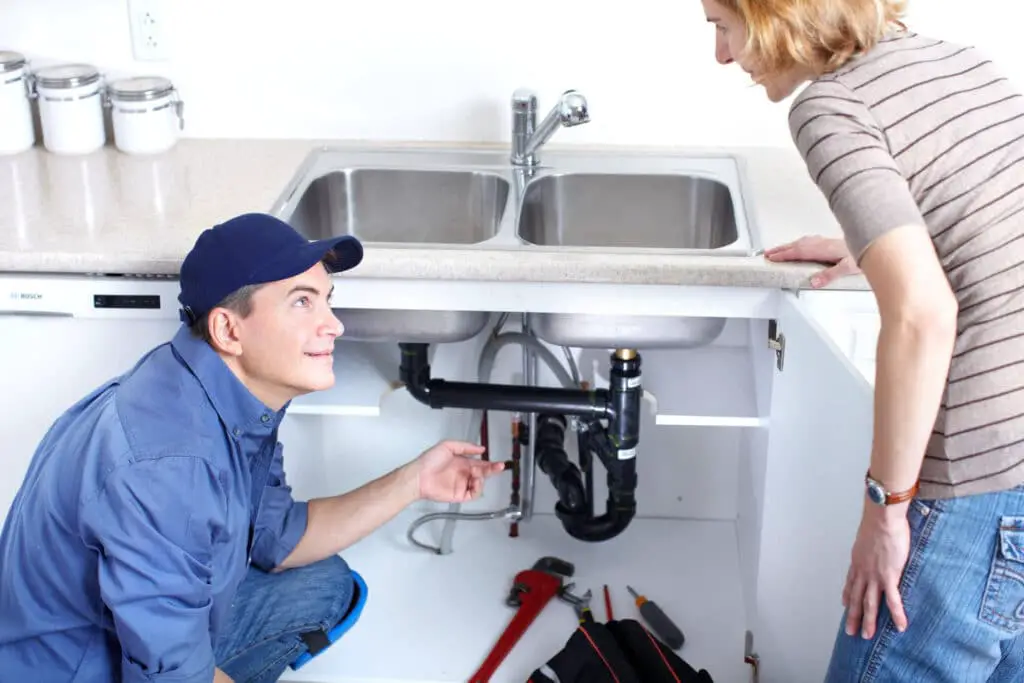
Why Are Plumbing Services Generally Expensive?
Plumbing services can be costly due to several factors. Skilled labor, specialized tools and equipment, licensing and insurance requirements, travel time, emergency response availability, and the complexity of plumbing systems contribute to the overall cost.
Plumbing services are generally expensive due to several factors that contribute to the overall cost. Here are some reasons why plumbing services can be costly:
Expertise and Training: Professional plumbers undergo extensive training and education to acquire the necessary skills and knowledge. They invest time and money to stay updated with the latest plumbing technologies, codes, and regulations. The expertise and specialized training they possess justify the higher cost of their services.
Tools and Equipment: Plumbing requires a wide range of specialized tools and equipment, which can be expensive. Plumbers invest in high-quality tools to ensure accurate and efficient work. These tools include pipe cutters, wrenches, drain snakes, leak detectors, and more. The cost of acquiring and maintaining these tools is factored into the overall service cost.
Licensing and Insurance: Reputable plumbers typically hold licenses and insurance. Licensing ensures that the plumber meets the necessary qualifications and adheres to safety standards and regulations. Insurance protects both the plumber and the client in case of accidents or property damage during the plumbing work. These licensing and insurance requirements add to the cost of providing plumbing services.
Time and Labor: Plumbing projects often require significant time and labor, especially for complex installations or repairs. Plumbers charge for their time, expertise, and the physical effort involved in completing the job. The complexity of the project, accessibility issues, or emergency services may also influence the cost.
Quality Materials: Professional plumbers prioritize using high-quality materials to ensure the longevity and reliability of the plumbing system. Quality materials may cost more upfront but result in fewer repairs and replacements in the long run. The cost of these materials, including pipes, fittings, fixtures, and seals, is included in the overall service cost.
How Does The Complexity Of Plumbing Systems Affect The Cost?
Plumbing systems can be intricate, involving various components such as pipes, valves, fixtures, and drainage systems. Diagnosing and repairing complex issues requires knowledge and experience, which can increase the cost of plumbing services.
The complexity of plumbing systems has a significant impact on the cost of plumbing services. Here are some ways in which complexity affects the overall cost:
Design and Installation: Complex plumbing systems require more intricate design and planning. The plumber needs to carefully assess the layout, fixtures, and requirements of the building to ensure an efficient and functional system. Designing and installing a complex plumbing system often involve more time, effort, and expertise, which can increase the cost of the project.
Customization and Specialization: Some plumbing systems require customization or specialized components to meet specific needs or unique building layouts. For example, in commercial or industrial settings, specialized plumbing systems may be needed to handle specific processes or high-volume water usage. Customization and specialization often come at a higher cost due to the need for specialized materials, equipment, and expertise.
Accessibility and Space Constraints: Plumbing systems in buildings with limited accessibility or confined spaces can be more challenging to install or repair. Plumbers may require additional time, effort, or specialized equipment to navigate tight spaces or work in hard-to-reach areas. The increased complexity and effort required in such situations can contribute to higher labor costs.
Maintenance and Repairs: Complex plumbing systems often have intricate configurations, multiple interconnected pipes, and specialized fixtures. When it comes to maintenance or repairs, identifying and resolving issues in complex systems can be more time-consuming and may require specialized knowledge and equipment. The complexity of the system can influence the cost of maintenance or repairs.
How Do Travel Expenses Factor Into Plumbing Costs?
Plumbing companies consider travel time and transportation expenses when determining the cost of their services. The distance between the plumber’s location and your property can influence the overall price.
Travel expenses can be a factor in plumbing costs, especially for service calls or projects that require plumbers to travel a significant distance. Here’s how travel expenses can factor into plumbing costs:
Distance and Location: The distance between the plumber’s location and the client’s site affects the travel expenses. Plumbers may charge a flat fee or include a mileage charge to cover the cost of transportation, fuel, and vehicle maintenance. Longer distances or remote locations may incur higher travel expenses due to increased time and fuel consumption.
Time Spent Traveling: Travel time is an essential consideration when determining the overall cost of plumbing services. Plumbers typically charge for the time spent traveling to and from the client’s location. This accounts for the plumber’s time and the opportunity cost of being unavailable for other service calls during travel time.
Availability and Urgency: In emergency situations or when clients require immediate assistance, plumbers may need to travel quickly to reach the location. Urgent or after-hours service calls often come with higher travel expenses due to the need for prompt response and the inconvenience caused by deviating from regular working hours.
Multiple Service Locations: Plumbers who serve multiple areas or have multiple service locations may factor in travel expenses differently. They may have different rates or additional charges based on the distance traveled between different service locations. Travel expenses for servicing multiple areas can vary depending on the logistics and organization of the plumbing company.
Negotiation and Local Competition: Depending on the specific circumstances, clients may have some flexibility in negotiating travel expenses with plumbers. In areas with multiple plumbing service providers, competition can influence the pricing structure, including travel expenses. It’s worth discussing travel expenses and comparing quotes from different plumbers to ensure transparency and obtain the best possible deal.
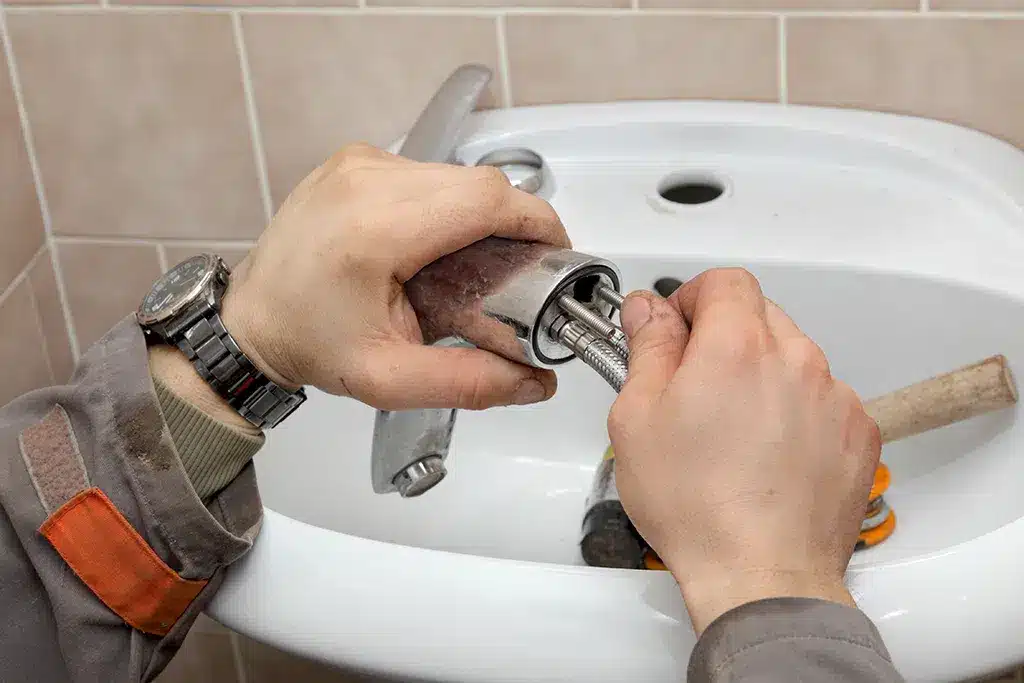
Conclusion
The high cost of plumbing services can be attributed to various factors that contribute to the complexity and expertise required in the profession. Plumbers undergo extensive training and possess specialized skills to handle diverse plumbing issues effectively. Their expertise and knowledge command a higher price, reflecting the value they bring to ensuring the proper installation, repair, and maintenance of plumbing systems.
Additionally, the cost of plumbing tools and equipment further adds to the overall expense. Quality materials and specialized tools are necessary for reliable and long-lasting plumbing systems, and their higher costs are reflected in the service charges.
The urgent nature of plumbing work, especially during emergencies, also affects the pricing. Plumbers may need to be available outside of regular working hours, including weekends and holidays, which results in higher service charges to compensate for their availability and immediate response.
Moreover, government regulations and licensing requirements contribute to the cost of plumbing services. Plumbers must adhere to safety standards, obtain permits, and undergo inspections, incurring additional expenses that are passed on to customers.



